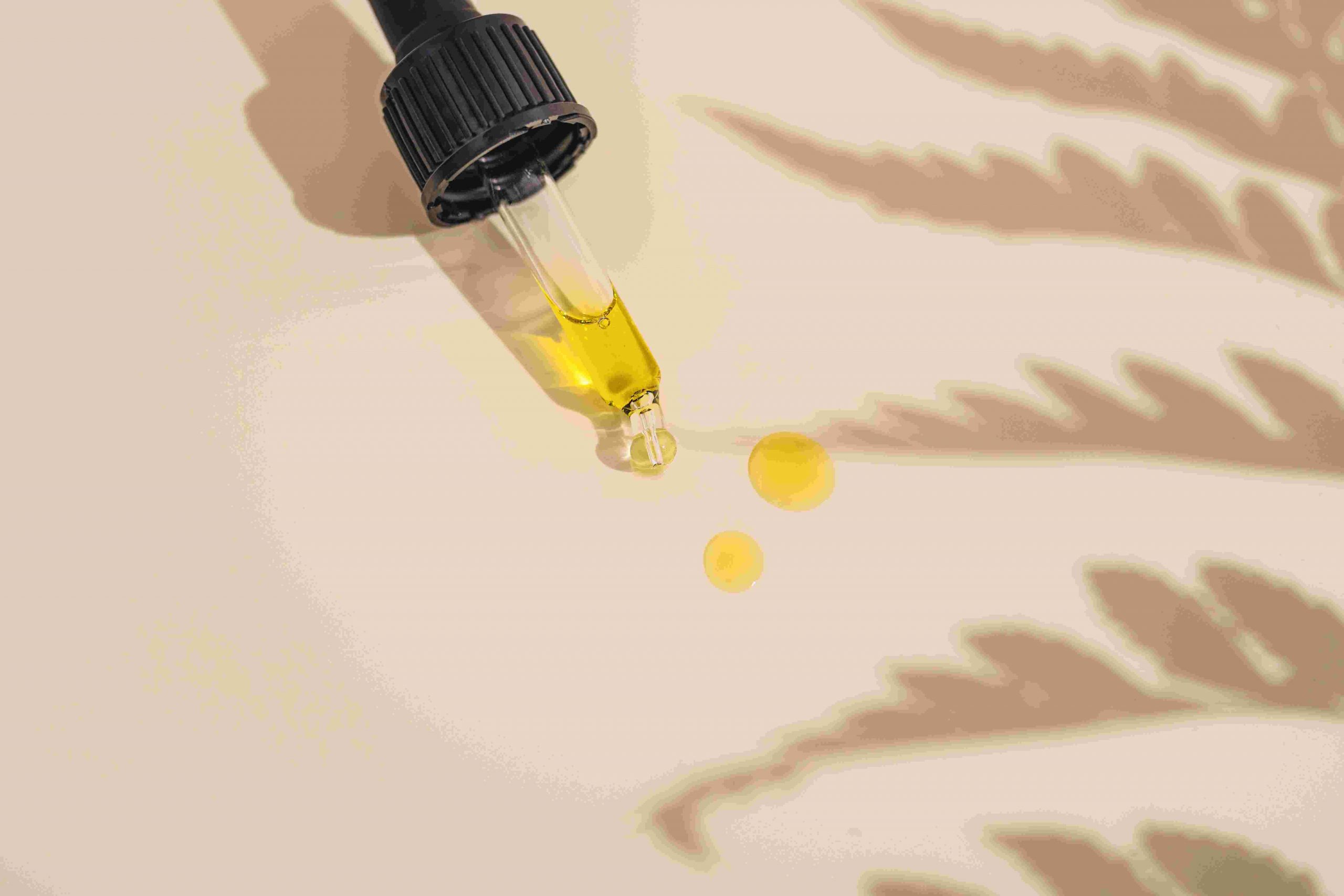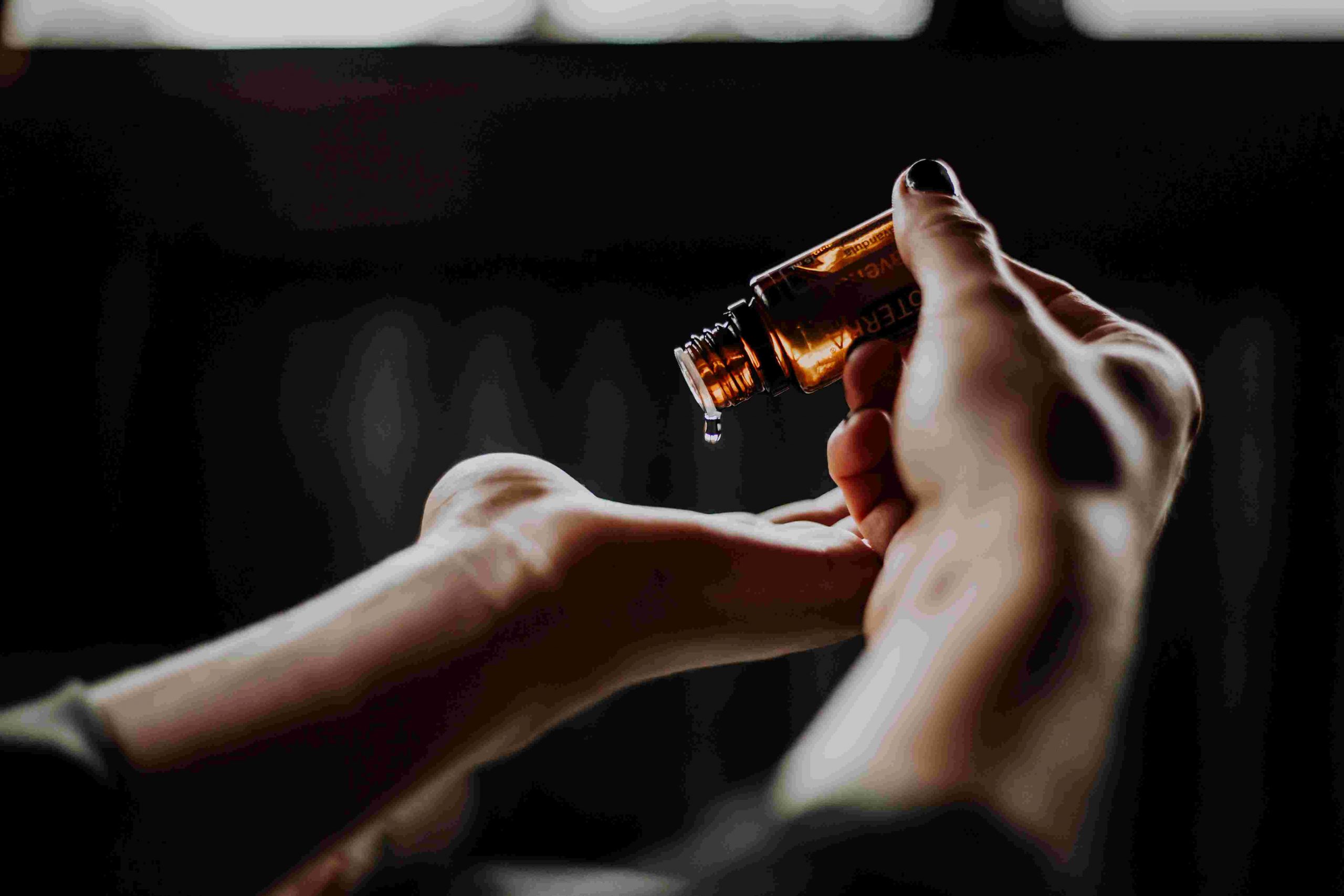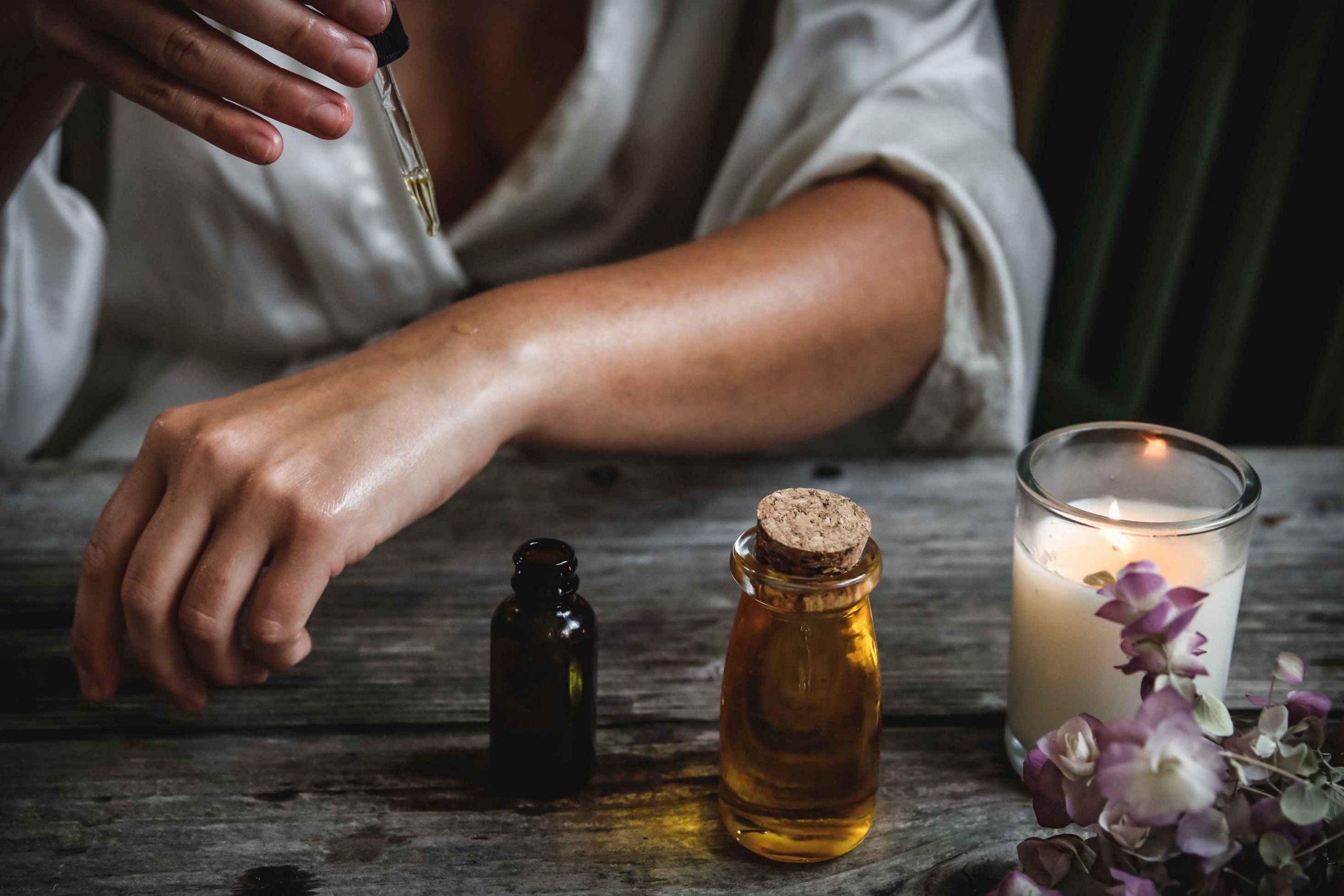People buy non-prescription anti-aging chemicals and lotions with the expectation that they may lessen wrinkles and prevent or reverse sun damage.
Do they have any effect? This is often determined by the components of the product and the length of time it is used. Because these over-the-counter (OTC) wrinkle creams are not classed as medications, they are not subjected to scientific testing to demonstrate their efficiency.
If you're seeking a facelift in a bottle, you won't find it in over-the-counter anti-age creams. The advantages of these goods are nominal.
What is Anti-aging?
The term "anti-aging" refers to efforts to prevent or reduce the aging process and promote healthy aging. Efforts to enhance physical health and attractiveness, as well as mental and emotional well-being, might be included. Many elements, such as genetics, lifestyle, and environmental influences, all contribute to the aging process. Dieting, gymming, stress management, skin care, and hormone treatment are all typical anti-aging strategies. Some people may also use anti-aging products or treatments, such as lotions, vitamins, or cosmetic surgery, to reduce the visible signs of aging. While it is feasible to adopt lifestyle adjustments that may assist in reducing the aging process, it is impossible to stop or reverse aging entirely.
10 Anti-aging cream Ingredients to Fight Premature Skin Aging
When reading product labels, look for those components that scientific studies and dermatologists believe can enhance the health and appearance of your skin.
Do you desire to look young? Are you prepared to invest time and money to prevent the visible signs of early aging on your skin? With so many treatments on the market, it can be challenging to determine which ones can reduce the effects of aging on your face and which are just smoke and mirrors. Some chemicals, such as retinol and sunscreen, are beneficial. But these aren't the only ones to consider while developing a good skincare routine.
Dermatologists advise utilizing the following products to keep your skin tight, bouncy, and radiant for years to come:
B Vitamins for Healthy Skin, Hair, and Nails
You can find these vital vitamins in various forms and combinations in skincare products. However, all vitamin B derivatives have the same purpose of turning food into energy. This supports essential bodily functions, including those that maintain healthy, firm skin.
Vitamin B and its derivatives are necessary for maintaining healthy skin, hair, and nails. When applied topically with moisturizers, it can be very effective. Damaged cells recover and rebuild more quickly when these vitamins are included in your skincare.

Coenzyme Q10 to Protect Collagen
Coenzyme Q10 (vitamin Q) is a powerful antioxidant that can help lay the groundwork for younger-looking skin. It protects your skin's elastic tissue and collagen.
Our natural coenzyme Q10 levels decline as we age, potentially slowing the skin's capacity to regenerate and defend itself from injury. Many people find that taking a food supplement in addition to utilizing topical treatments helps them build coenzyme levels. One randomized, double-blind, placebo-controlled trial discovered that taking a particular CoQ10 supplement daily for 12 weeks reduced the appearance of wrinkles and resulted in smoother skin. Earlier studies indicated that applying CoQ10 to the skin efficiently lowered free radicals, which caused aging.
Copper to Prevent Sagging and Fill Wrinkles
You're probably picturing coins, but the copper we're discussing is present at minute levels in skin cells, where it bonds proteins. It is necessary for collagen synthesis. The anti-aging component supports the skin by preventing sagging and filling in wrinkles. Copper is a fantastic element for people who wish to improve the severity of scars and sun-damaged skin since it helps to clean and repair fragmented collagen.
Green Tea to Revitalize Your Skin
A green tea plant is rich in nutrients that revitalize your skin. Specifically, those are phytochemicals known as polyphenols. Green tea's stimulant properties can also have an invigorating effect on aged skin. Green tea has an incredible impact on dark circles, which is amplified when mixed with caffeine in eye cream. These polyphenols are antioxidants that help to prevent and repair oxidative damage to skin cells. In addition to utilizing green tea lotions or serums, consume the brew for extra health advantages.
Peptides to Stimulate Collagen Production
Peptides are becoming more popular in anti-aging skincare components due to positive clinical research outcomes, such as one published in the International Journal of Peptide Research and Therapeutics in December 2018. Peptides are short amino acid chains that are the basic components of proteins. Most topical peptide creams are intended to activate collagen and reduce wrinkles. However, not all peptide creams are considered equivalent, so it is best to stick to ones that have undergone clinical testing.
Retinoids and Retinols to Speed Up Cell Turnover
Vitamin A derivatives include over-the-counter retinol and prescription retinoids such as Retin-A. Retinoids and retinol increase cell turnover and collagen formation, resulting in smoother, younger-looking skin. Retinoids not only fill wrinkles and fine lines, but they also fight discoloration, lighten tiny blemishes and freckles, and enhance skin texture. No other topical chemical has been more thoroughly researched and proven as an anti-aging antidote by the medical community than retinoids.
But don't expect results right away. Retinol's wrinkle-fighting action takes several weeks or even months to manifest, so it must be used consistently. Retinoids and retinol can be drying and make you more sun sensitive. Apply them sparingly on your skin, and pair any retinoid or retinol-containing product with daily sunscreen.

Vitamin E to Reverse Damage and Rejuvenate Skin
Vitamin E is unmatched when it comes to preventing skin damage that might contribute to fine lines and wrinkles. The vitamin prevents the formation of cell-damaging free radicals triggered by environmental factors such as sun exposure. Vitamin E is an excellent antioxidant to look for in skin rejuvenation treatments, and it can also help with wound healing by strengthening the skin barrier. This is why pure vitamin E oil is still a popular (and cost-effective) treatment for damaged cuticles and scars from wounds, burns, and surgeries. According to an analysis published in the Journal of the American Academy of Dermatology, topically applying vitamins C and E together had the most impact because the two antioxidant vitamins work together to protect and produce collagen.
SPF to Prevent Skin Cancer (and Improve Your Appearance)
When used alone, a broad-spectrum sunscreen with an SPF of at least 30 protects against skin cancer. It also improves the overall appearance of the face. According to research, sunscreen alone applied to the face for one year resulted in improved aesthetic metrics such as skin tone, texture, and wrinkles.
Vitamin C to Neutralize Damage and Lighten Dark Spots
An antioxidant like vitamin C helps your sunscreen function better by defending against free radical damage. Many individuals apply vitamin C under their sunscreen. Vitamin C inhibits abnormal pigment formation, which helps to reduce dark spots. C-rich products protect collagen fibers and the supporting components of your skin.
When selecting a topical vitamin C, remember that it is an unstable chemical that will lose efficacy fast if not properly formulated. It may also oxidize when exposed to extreme heat, making it ineffective. C serums that have turned to an amber color are often oxidized. Purchase a vitamin C supplement from a manufacturer that performs clinical trials on its products and stores them in a temperature-controlled place. Some people like to store their skincare items in a mini-fridge.
Along with using a vitamin C serum, consume C-rich foods (such as berries and bell peppers) since it helps your body generate new collagen.
Hydroxy Acids to Exfoliate Dead Cells and Fight Wrinkles
Hydroxy acids such as glycolic acid aid in the exfoliation of dead skin cells from the skin's surface. They've also been demonstrated to increase collagen production and reduce the appearance of creases and wrinkles. Hydroxy acids exist in various strengths and may be found in peels, serums, and creams. Consult with a board-certified dermatologist to determine which one is best for you.
Anti-aging Skincare Tips
An anti-aging cream may lessen the appearance of wrinkles depending on your usage. The kind and amount of active ingredient in a product and the type of wrinkles you intend to treat are all factors to consider when developing a skincare routine.

If you want to take the guesswork out of your skincare routine, consider these more tested ways to improve and maintain the appearance of your skin.
Exercise regularly. Try to workout for at least 75 minutes at a vigorous intensity or 150 minutes at a moderate intensity per week.
Get enough sleep. For adults, 7-9 hours of sleep every night is ideal.
Sun protection is essential for your skin. UV radiation accelerates the natural aging process of your skin, resulting in wrinkles and rough, blotchy skin. In reality, sun exposure is the leading cause of skin aging, including uneven pigmentation. Limit your time in the sun, and always wear protective gear and a hat to preserve your skin and prevent future wrinkles. Additionally, wear sunscreen outside on exposed skin all year round.
Choose sunscreen-infused products. When shopping for skincare products, look for ones with an SPF of at least 15. The American Academy of Dermatology recommends SPF 30 or greater. Also, utilize broad-spectrum products that are water resistant and prevent both UVA and UVB radiation. Apply a good amount of sunscreen and reapply it every two hours or more if you're swimming or sweating.
Stay hydrated. Make an effort to drink at least eight glasses of water every day.
Apply moisturizer. Although moisturizers can hold onto water in the skin and temporarily hide fine lines and creases, they do not really prevent wrinkles from forming.
Stay mentally and socially active. Engaging in activities that challenge your brain and maintaining social connections can help keep your mind sharp and promote healthy aging.
Reduce stress. Find ways to manage stress, such as exercising, meditation, or talking to a therapist.
Avoid smoking. Smoking causes the blood vessels in the skin's outermost layers to constrict. It also harms collagen and elastin (the fibers that give your skin strength and flexibility). As a result, skin sags and wrinkles prematurely. Even if you've smoked for years or heavily, stopping smoking can improve your skin tone and texture and prevent future wrinkles.
Eat a healthy, balanced diet. This includes plenty of fruits and vegetables, whole grains, and lean proteins. Avoid processed and sugary foods.
Conclusion
A dermatologist may assist you in developing a tailored skincare plan by examining your skin type and the state of your skin. If you want significant changes, a dermatologist might offer medical treatments for wrinkles, such as:
Prescription creams.
Botulinum toxin (Botox) injections.
Skin-resurfacing procedures.

